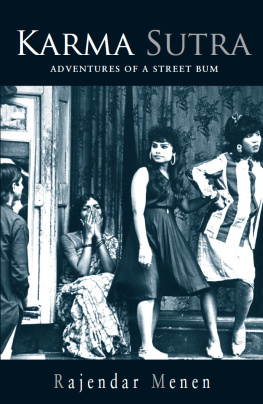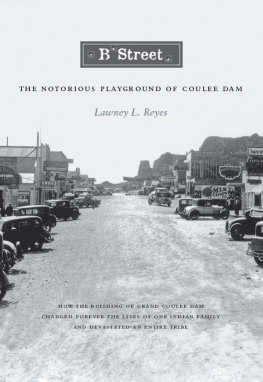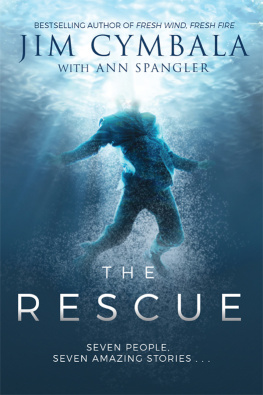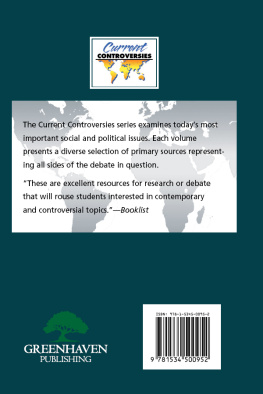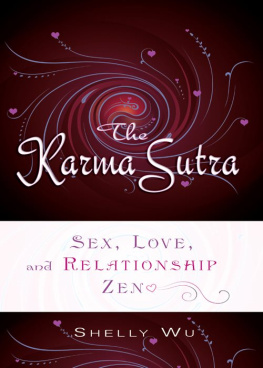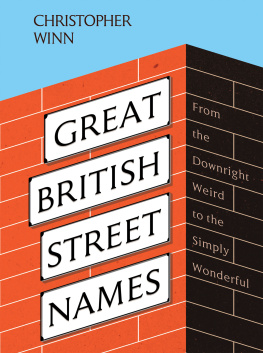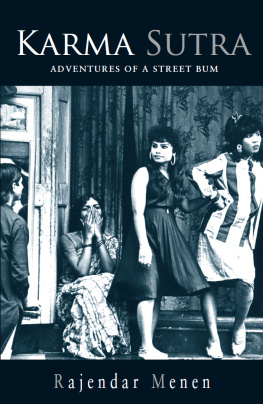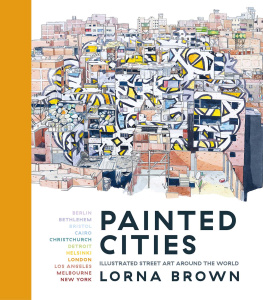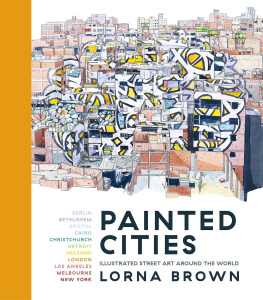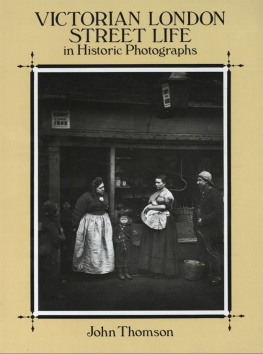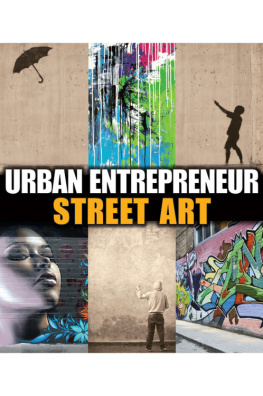For Dom, who told me to write.
For Wanda Woman, who liberated me from bondage.
For Anna and the angels, who followed me everywhere and kept me in one piece.
For Ruby, who is a gem.
For Maree Agland, who made Karma Sutra happen.
For The Daily , for pioneering street reportage.
For all those who lived and died along the way. My dharma buddies. So many of you.
Finally, for the sex workers of the world. Without them, this planet would be such a small place!
Perhaps the only thing more difficult than to be indifferent to India would be to describe or understand India completely.
A Rough Guide to India
I have been on the street most of my life. I am still on the street.
Its been a deliberate decision. A choice I have made in my saner moments. Its the only way to understand the magical mosaic of the Indian street.
I love the excitement of disorder that the street exhibits with such vivid imagination. The colours, sounds, smells and dangers send the adrenaline pounding. There is never a dull moment. You live with the unexpected. You court it without fear. You wander with the flow and go where it takes you. It never lets you down. It is startling, irreverent, exciting, agonizing, desperate, raw, even tragic.
The book is not backed by ideology or dogma. It is not political. It is without prejudice or bias. No insult is intended. No individual, social group, community, caste or religion is targeted. All names have been changed where necessary and all identities protected. It is not about activism or intended reform. No state secrets have been compromised. It is not a definitive document on the street. If anything, it is about empirical evidence and gut-level reaction. There are several colours on the street. I have tried to absorb some of them.
The book doesnt wear any moral garb. It is not judgemental. It doesnt tell you how to live, or how not to live. It just tells you how it is. If I have made statements, they are a reaction to how the street has impacted me. It is my opinion, straight from the heart. Not sponsored or designed by an outside agency.
I have deliberately avoided statistics. I have also gone out of my way to not quote anyone in the government. Figures can be doctored and interpreted either way convincingly, and we all know the answers of those in power. This book is mainly about my experiences on the streets of Mumbai, one of the greatest cities of the world. It is about the darkness on the streets. Its about the lives of the marginalized, and their heroic battle against the enormous odds stacked against them every single day of their lives. It is about how they surmount it all without complaint: the true heroes of a karma that has shackled them.
It is about sex workers, drug addicts, hijras, Devadasis, the homeless and the dying, and the hundreds of thousands of people who wander into Indias most glamorous city to seek the crumbs. It is about the other side of midnight in a city that is also equally gross about its display of power and pelf.
I have crossed the boulevard, lived with those who inhabit it, and broken bread with them. I have had the option of returning to my life of comfort when I wanted to. So it has been easy. But those on the streets were condemned to their fate. For them, there was no escape. It takes great skill, wit and cunning on their part to get out of it unscathed. This book documents their sutra; the sutra that extracts every inch of guile to help them battle their karma.
The street is a living entity, its code well outside the pale of normally accepted behaviour. When you are in the trenches every day of your life, and survival is etched on your mind as your primary goal, you make your own rules. It is often not in consonance with what those who make the laws have in mind. Circumstances give birth to protest, revolt and rebellion. Anarchy has its seeds in misfortune, whether real or perceived. It is difficult to understand this pain or its expression if you are not of the street. It is also easy to exploit it and use it to advantage.
The police are let out on the mean streets to look after them. They have it rough. They are poorly paid, desperately outnumbered, manipulated by their political masters, and low on morale. But they are in constant touch with the marginalized. They are human, too, and get to see all sides of the dice. It works on them. They see the corruption and the loopholes in the law, and exploit it. They can become a terrifying presence.
The research for the book took several years, from the 1980s to the late 1990s. During the period, the city also changed its name from Bombay to Mumbai. There have been cosmetic changes to other locations too. This book is not a chronology of events. There are no specific dates. Situations may have changed but the flavour of the street will remain for a long time.
Most of the interviews were in Hindi. I have cut out the profanity from the street dialect to give it to you in as acceptable a form as possible. I have also tried to look at things with a sense of humour to soften the blow.
I have been fortunate to have been on this ride. Join me.
1 December 2011
Rajendar Menen
There is a field beyond all notions of right and wrong. Come, meet me there.
I have been interviewing commercial sex workers and others who live on and off the street for over two decades. I shall begin with the sex worker before moving on to the others.
In the good old days the sex worker was simply known as a prostitute. A word short and straight, like a powerful upper cut. No frills, no ornamentation. It takes you to the count in a swift jab.
Then the world got politically correct. You couldnt call someone short or fat or dark or thin anymore. It wasnt polite. They were all suitably and substantially challenged. The compassion extended to the prostitute too. Wise minds sat together and decided that even if nothing could be done about the job portfolio, the practitioner could be rewarded with a title that looked good on a visiting card. How could somebody be called a prostitute in the days of McDonalds and Microsoft? And what was the point in meeting at exotic locales all over the world at great cost and debating the merits of prostitution endlessly if nothing could be done for the prostitute? So the poor woman (we are gender-specific here) could now die of AIDS and tell the accusing world till her last breath that she wasnt a prostitute but a commercial sex worker. It was a grand title. She could die in peace. Her epitaph would read well.
As a rookie in one of the biggest newspapers in the world, I had several beats to choose from. It was always easy to sit in an opulent patisserie and take down notes, return to the office and file a report. I did this for a while and got scared. What if I got fattened by the food, drink and the junkets and died of cardiac arrest in a supersonic jet across the Pacific en route to the inauguration of a new fleet of airplanes? It wouldnt be as exciting as a bullet grazing my nape in a bunker. A confession: I am an excitement junkie. I like to waste my life, rather than do nothing with it. I have lived recklessly spending time and money on the street and given myself to what Osho called the care of existence , which simply meant surrender to a higher force. That was good advice. I am still in one piece.

